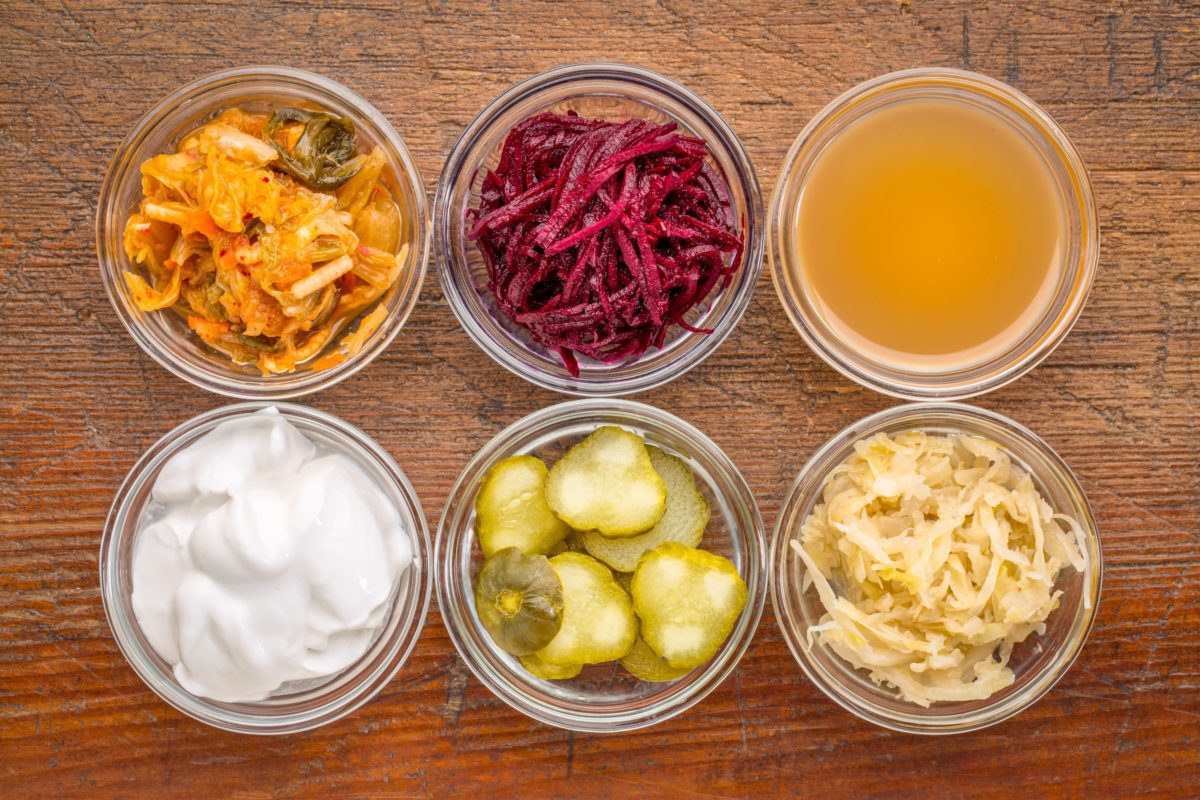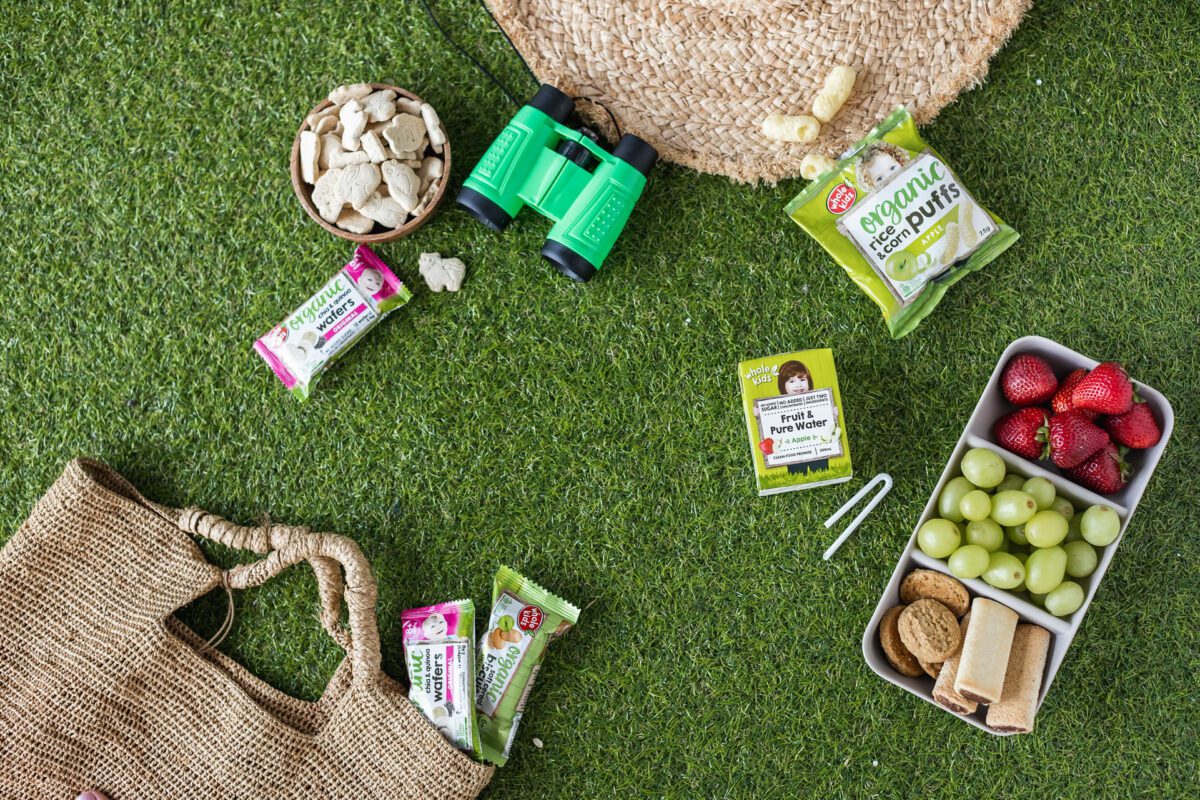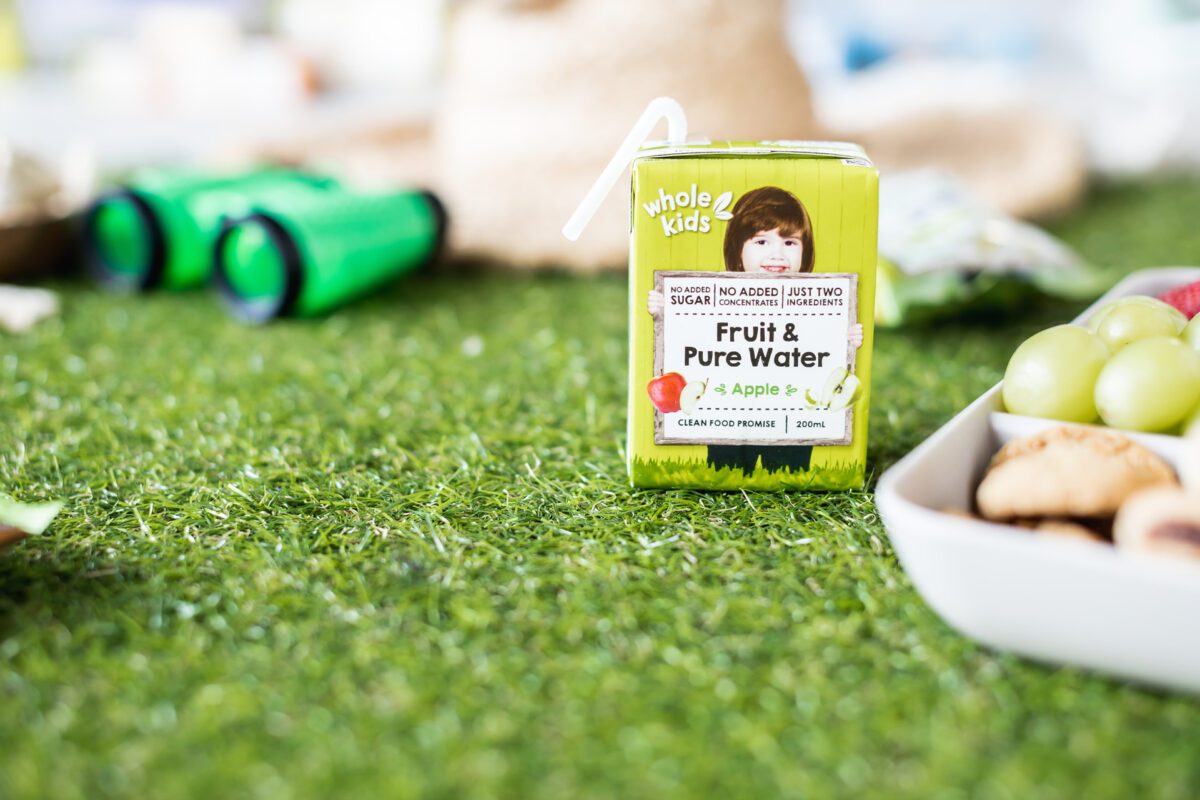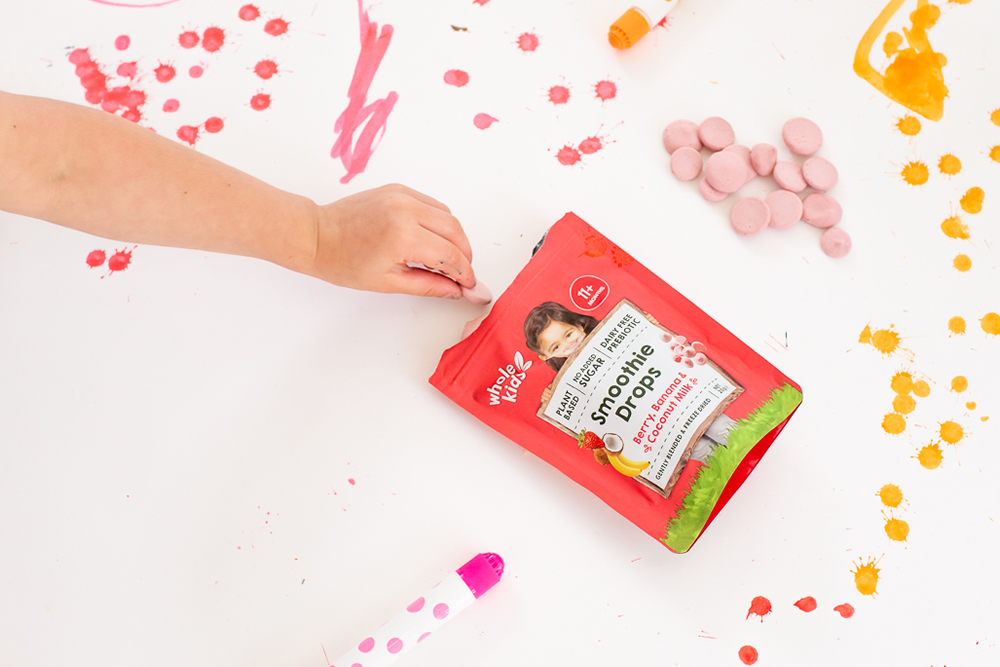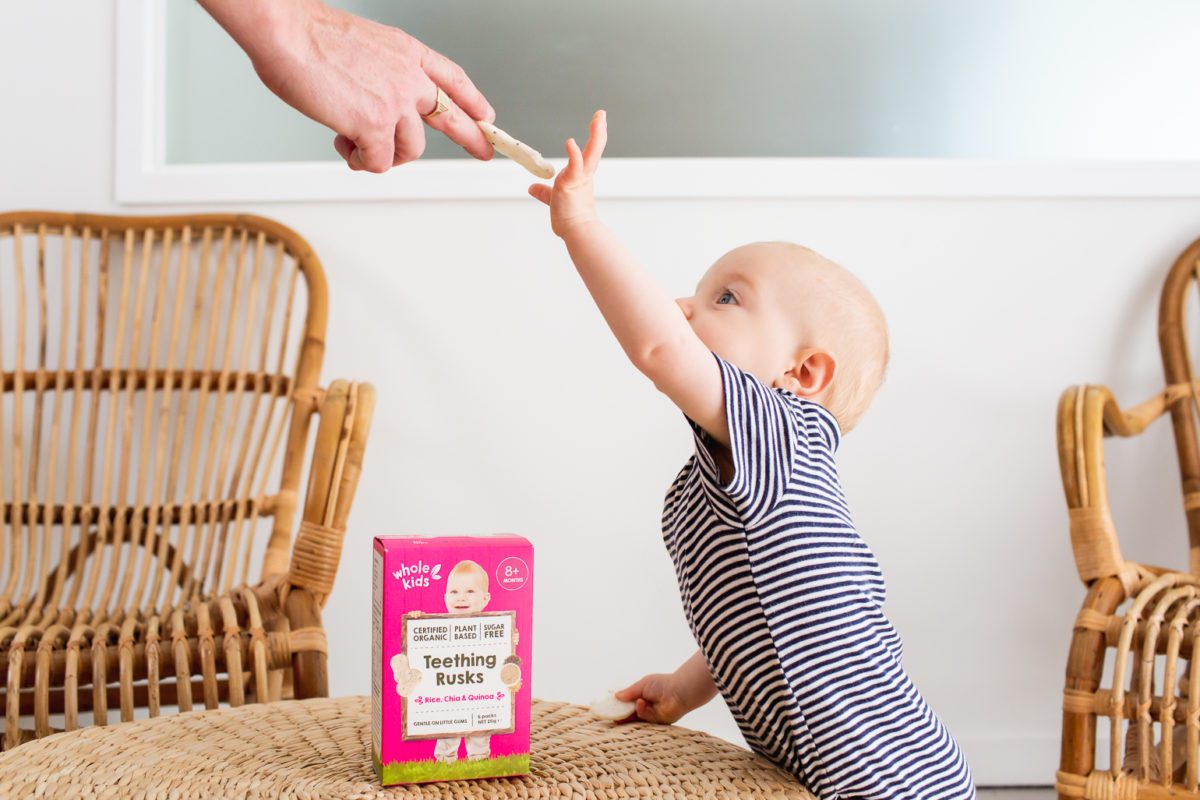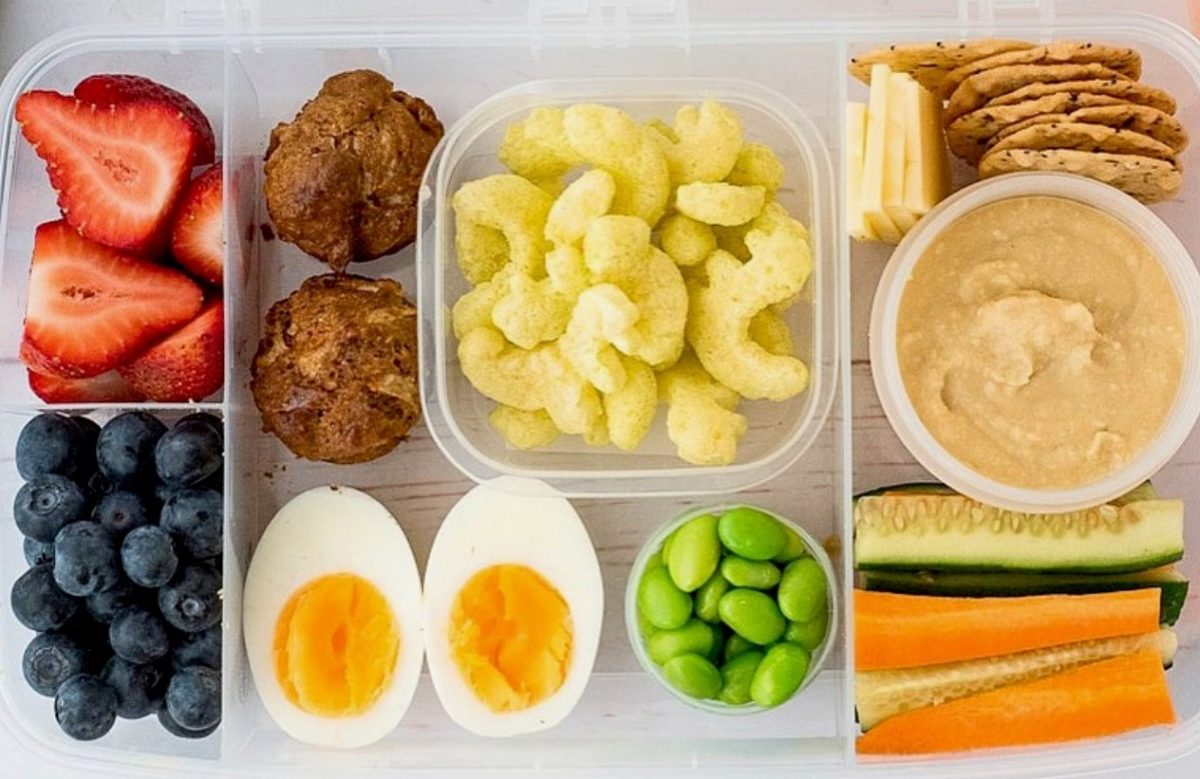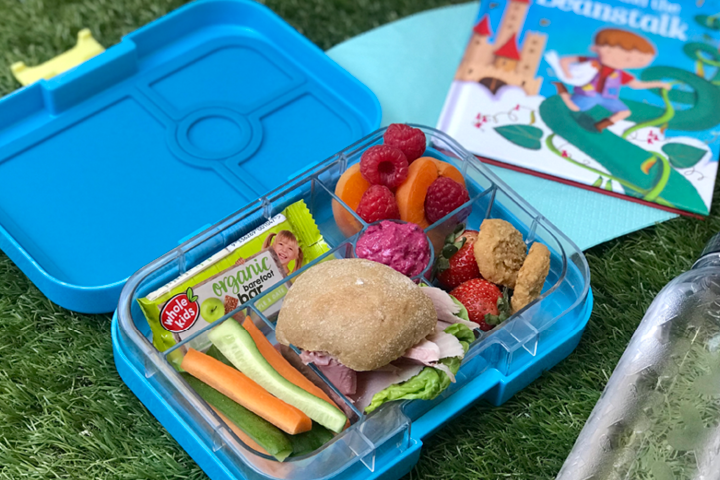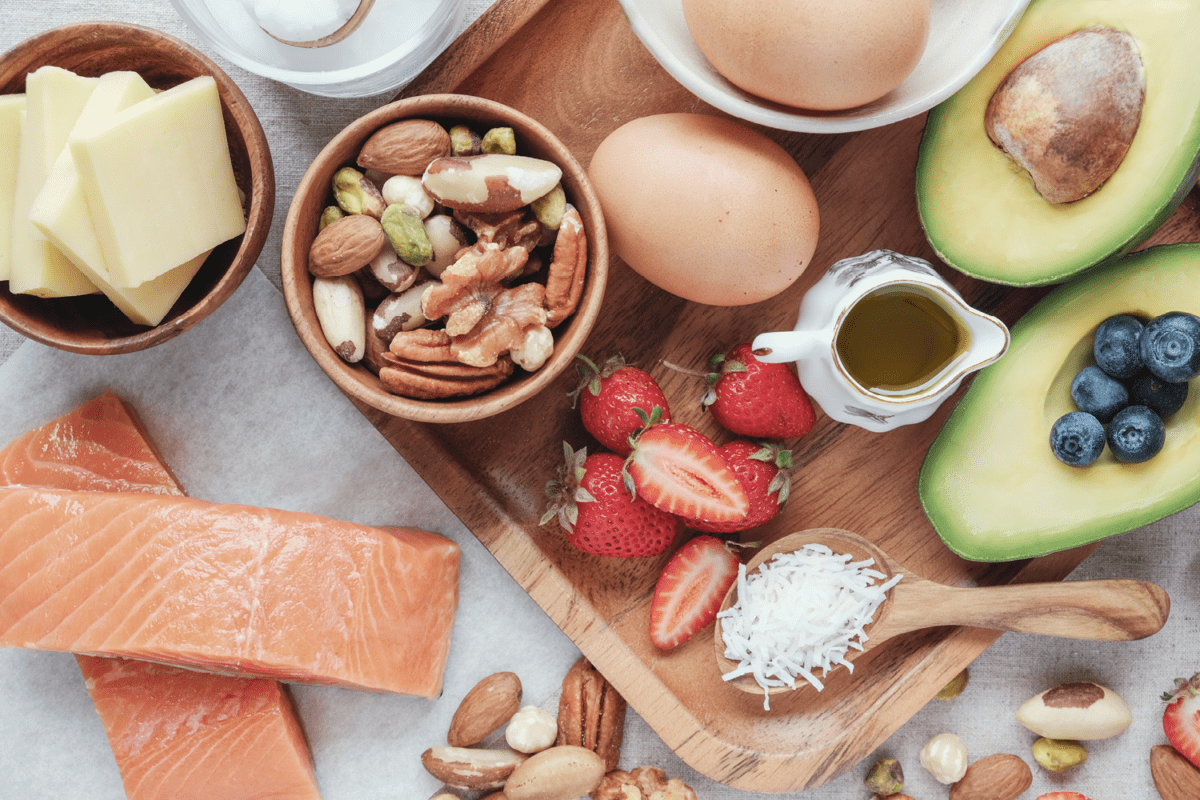Why is it important to have good gut health?
Health-conscious consumers are becoming increasing interested in the health of their gut for its benefits linked with overall wellbeing and digestive health; as well as the emerging research related to a wide range of benefits including immune health, allergies, oral health and even brain health. Looking after your children’s gut health is highly important; in fact, optimising the early life microbiome (our bodies microbial ‘mini-ecosystem’) is often considered essential to your child’s overall wellbeing from a very early age. Did you know some seventy percent of the immune system is located in the gastrointestinal tract and immune health in children can be compromised by factors such as a course of antibiotics? A healthy microflora may help to reduce the risk of other digestive concerns commonly found in your little ones such as constipation. Having a healthy microflora, made up of an array of so-called ‘good bacteria’ early in life has also been associated with a decreased risk of chronic diseases later in life.
How to maintain good gut health
Eat a rainbow
One way in which a healthy microbiota balance can be maintained is by eating a diet predominantly made up of real food with plenty of fruit and vegetables. Eating a rainbow is a great way to think about it! Eating real food also helps to reduce the intake of additives such as artificial flavours, colours and preservatives. It’s quite simple, additives and processed food go together. Take an average child’s lunch box comprising of processed foods – it can contain up to 40 additives. Early research has indicated that artificial preservatives used in many processed foods could increase the risk of inflammatory bowel diseases and metabolic disorders. So, steer clear of artificial additives where possible and try to ensure your children’s diet is comprises of a majority of real food and wholesome ingredients.
Consume probiotics
Another way in which to ingest good bacteria is to make sure your diet contains probiotics in some form. They are most commonly found in supplements or in a range of dairy products, such as yoghurt and fermented foods and dairy drinks, e.g. kombucha and kimchi, which are widely available in Australia. The two most common bacteria you will see used in products are Lactobacillus or Bifidobacterium. These are simply two species of bacteria known to have beneficial properties for your health, specifically, they are widely claimed on boosting gut health and restoring a healthy microflora.
You may have also heard of prebiotics. These are a type of non-digestible carbohydrate (otherwise known as resistant starch) found in foods such as certain fruits and vegetables, as well as legumes, some nuts e.g. cashews and pistachios, oats, bran, rye and barley, all of which promote the growth and activity of good bacteria in the gut.
Don’t over clean
Additionally, you may have heard of the Hygiene Hypothesis, which is around the idea that increased personal and household cleanliness plays a role in immune system imbalance. By ensuring the environment your children live in, be it at home, or playing outside, is not over clean, perhaps by not sanitising every surface in your home, it enables the intake of a few microbes, i.e. a few bits of dirt are thought to be ok for your health!
Whilst they are impossible to see by the naked eye, microbes comprise of an impressive 1-3% of total body mass. These would not be present without playing a vital role in our health, so it’s important to look after them and ensure they are present to maintain yours, and your families, wellbeing.
About the Author
Diana Austen works for Whole Kids as a Nutrition Advisor. With a Master’s degree in nutrition, she has over six years’ experience working with a range of companies on innovation, strategic insight and regulatory and scientific affairs. Fascinated by the nutritional requirements of infants and young children she focuses specifically on products for this age group.
